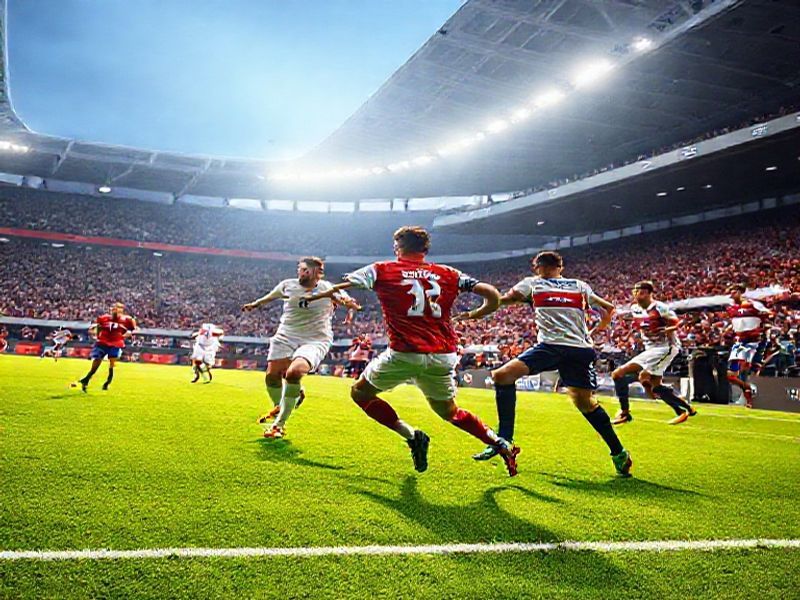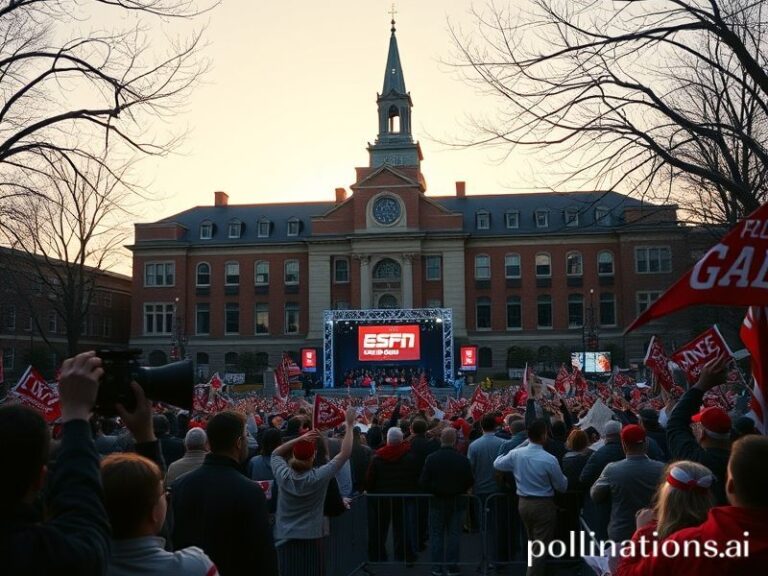England vs Serbia: Football, Flags, and the Fine Art of International Incident
**Title: “England vs Serbia: Football, Flags, and the Fine Art of International Incident”**
Alright, gather ’round, internet denizens, because we’ve got a hot topic that’s got the globe more heated than a kettle at a British tea party. That’s right, we’re talking about the England vs Serbia football match that’s got everyone from football fans to flag-waving patriots in a tizzy. So, why is this match trending globally, and what’s the cultural tea (or should we say, *cha*?) brewing beneath the surface?
**The Match That Sparked the Fire**
First things first, let’s set the scene. The England vs Serbia match was part of the UEFA Nations League, a tournament that’s basically football’s way of saying, “Let’s keep the party going after the World Cup.” The match itself was a nail-biter, with England snatching a 1-0 victory thanks to a late goal from Harry Kane. But the real drama didn’t happen on the pitch—it happened in the stands.
**Flags, Fists, and a Dash of Diplomacy**
Before the match even kicked off, tensions were running high. Serbian fans were seen waving flags featuring a map of “Greater Serbia,” which includes parts of other Balkan countries. This, understandably, ruffled a few feathers, especially among Kosovo fans, given the region’s complex political history. Then, during the match, an English fan was seen making a provocative gesture towards the Serbian fans, which led to a full-blown brawl in the stands. Cue the dramatic music.
**Cultural Context: A History of Tension**
To understand why this match has sparked such a global reaction, we need to dive into the cultural and political context. Serbia and Kosovo have a long and complicated history, with tensions dating back to the breakup of Yugoslavia in the 1990s. The flag incident is just the latest chapter in a story that’s been playing out for decades.
But it’s not just about Serbia and Kosovo. This match has also shone a light on the broader issue of political expression in football. Football stadiums have long been a place where fans express their political views, whether through flags, chants, or gestures. And while some see this as a form of protest, others see it as a threat to the spirit of the game.
**Social Impact: A Global Conversation**
The England vs Serbia match has sparked a global conversation about the role of politics in football. On one hand, you’ve got those who argue that football should be a place for political expression. They point to the fact that football has a unique ability to bring people together and amplify their voices.
On the other hand, you’ve got those who argue that politics has no place in football. They point to the potential for violence and unrest that can arise from political expression in the stands. And let’s not forget the impact on the players, who are often caught in the middle of these political storms.
**Why This Topic is Significant**
So, why should we care about this match and the issues it’s brought to light? Well, for starters, it’s a reminder that football is more than just a game. It’s a cultural phenomenon that reflects the values, beliefs, and tensions of our society. And as such, it has the power to shape our world in profound ways.
Moreover, this match is a case study in the power of symbols. The flag incident shows how a single symbol can spark a global conversation and bring long-buried tensions to the surface. It’s a reminder that in our interconnected world, even the smallest actions can have far-reaching consequences.
**Conclusion: The Beautiful Game, the Ugly Truth**
In conclusion, the England vs Serbia match is a microcosm of the broader issues facing football today. It’s a reminder that the beautiful game is not always so beautiful, and that the politics of the pitch can have real-world consequences. But it’s also a reminder that football has the power to bring people together, to amplify their voices, and to shape our world for the better.
So, the next time you’re watching a match, remember: there’s more at stake than just the final score. There’s a world of politics, culture, and history playing out on that pitch. And it’s up to us to engage with it, to question it, and to shape it for the better.







